
Solar energy power remains at the forefront of sustainable energy solutions, offering a path to cleaner and more reliable energy generation. The integration of Internet of Things (IoT) technologies represents a significant advancement in enhancing the efficiency and performance of solar energy systems. IoT connects devices and equipment over the internet, enabling seamless data exchange and automation for smarter operational capabilities.
- Real-time Monitoring and Data Optimization:
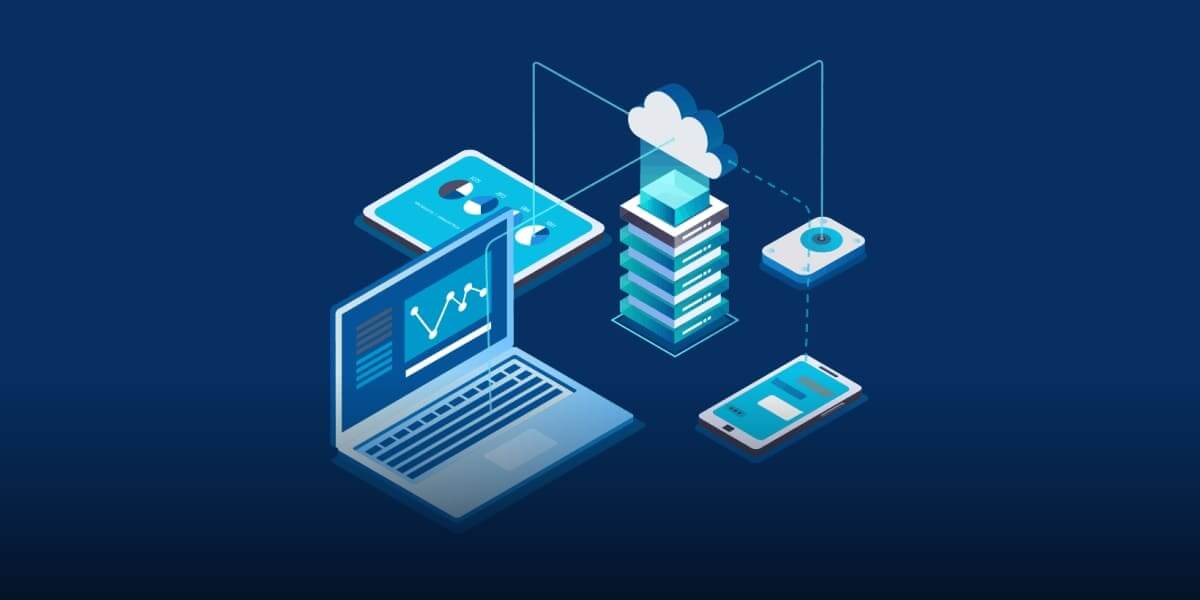
IoT-driven sensor networks embedded in critical components like solar panels, batteries, and inverters provide continuous monitoring of parameters such as temperature, sunlight intensity, and energy output. This real-time data is transmitted via IoT networks to centralized platforms for instant analysis and optimization.
2. Predictive Maintenance for Enhanced Reliability:
By harnessing historical data and predictive analytics powered by machine learning algorithms, IoT facilitates early detection of potential system failures or performance dips. Proactive maintenance interventions based on these insights minimize downtime and optimize long-term operational efficiency.

3. Remote Access and Control for Flexibility:

IoT enables remote monitoring and control of solar energy systems from any location with internet connectivity. This capability empowers users to adjust operational settings, monitor energy consumption patterns, and optimize energy storage solutions in real-time.
4. Automation for Optimal Energy Utilization:
IoT-enabled automation allows solar panels to adjust their orientation and tilt angles based on real-time environmental conditions. This adaptive control optimizes energy collection efficiency throughout the day, maximizing energy output even during fluctuating weather conditions.
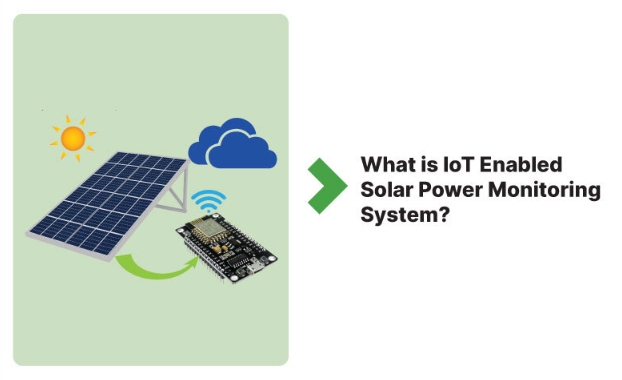
5. Intelligent Energy Management Integration:
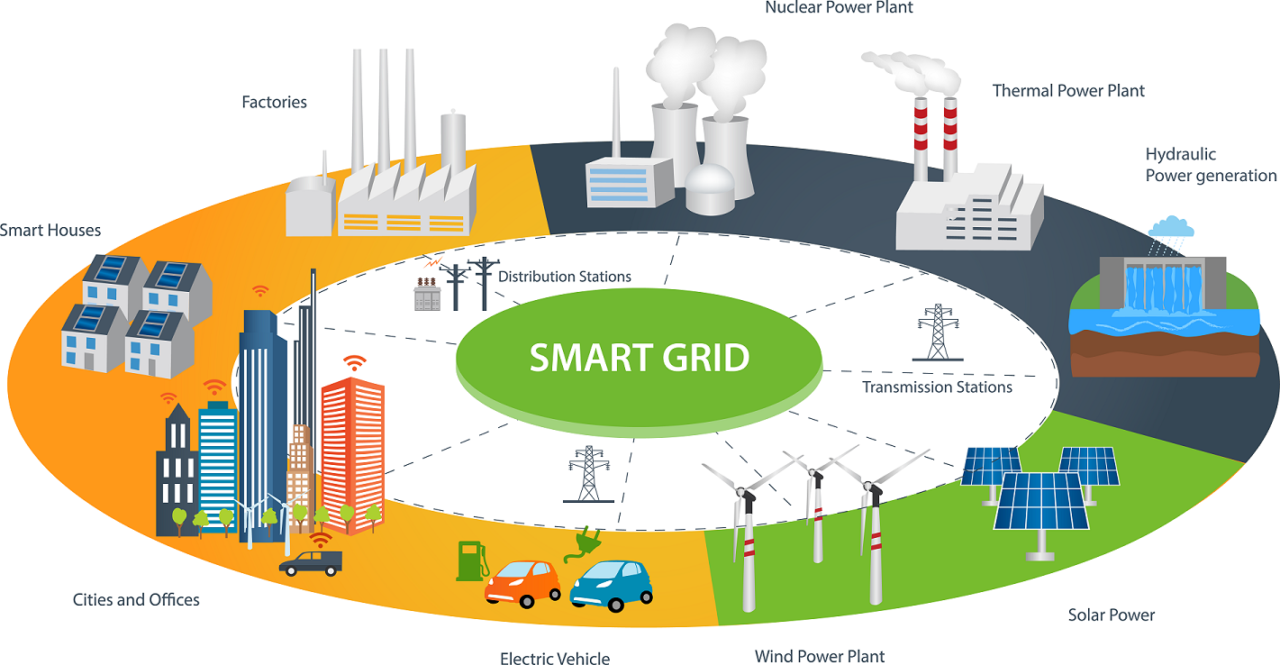
Integration of IoT with solar energy systems facilitates intelligent energy management across residential, commercial, and industrial settings. Smart devices connected via IoT networks dynamically manage energy distribution, prioritize power consumption, and integrate seamlessly with existing infrastructure for enhanced operational synergy.
6. Ensuring Security and Data Integrity:
IoT solutions incorporate robust security protocols to safeguard sensitive data and ensure system integrity. Real-time monitoring and automated alerts enable prompt responses to potential security threats or operational anomalies, bolstering overall system reliability.
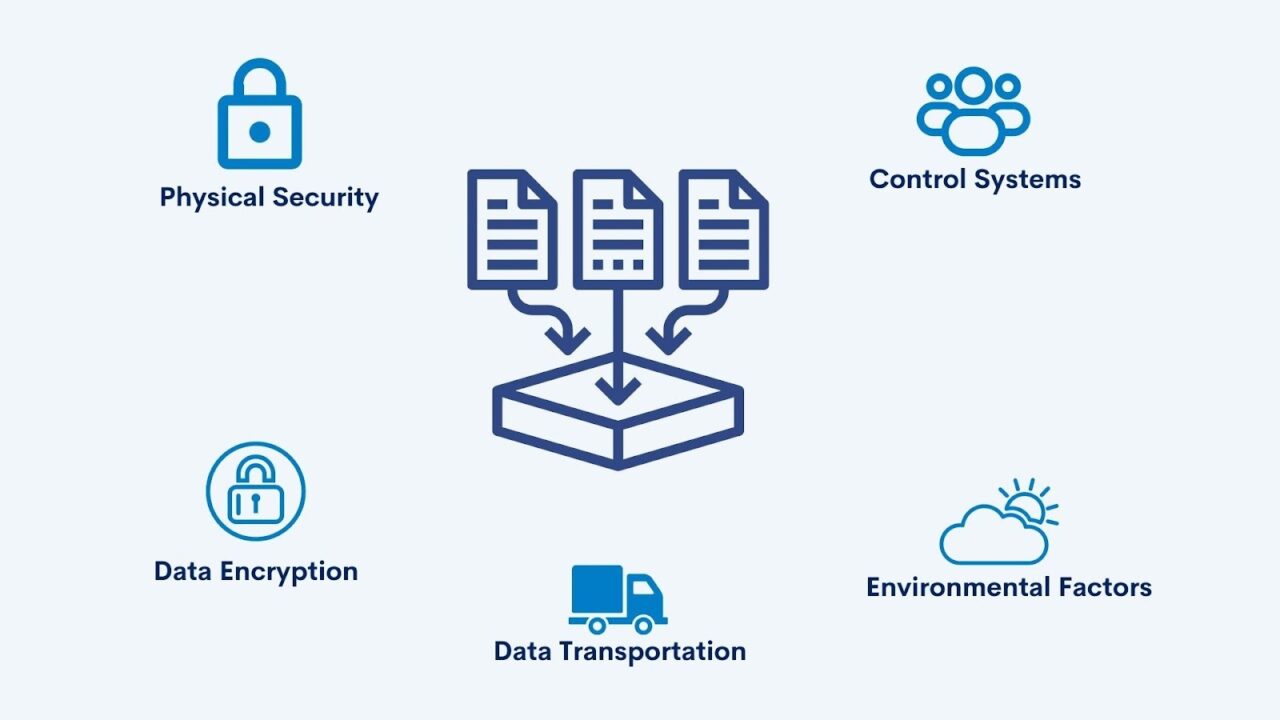
Conclusion:
In summary, the convergence of IoT technologies with solar energy systems represents a pivotal advancement in sustainable energy infrastructure. By enabling real-time monitoring, predictive maintenance, remote access, and automated control, IoT enhances the operational efficiency and reliability of solar energy systems. As IoT continues to evolve, its role in optimizing energy utilization and supporting global efforts towards sustainability becomes increasingly indispensable.
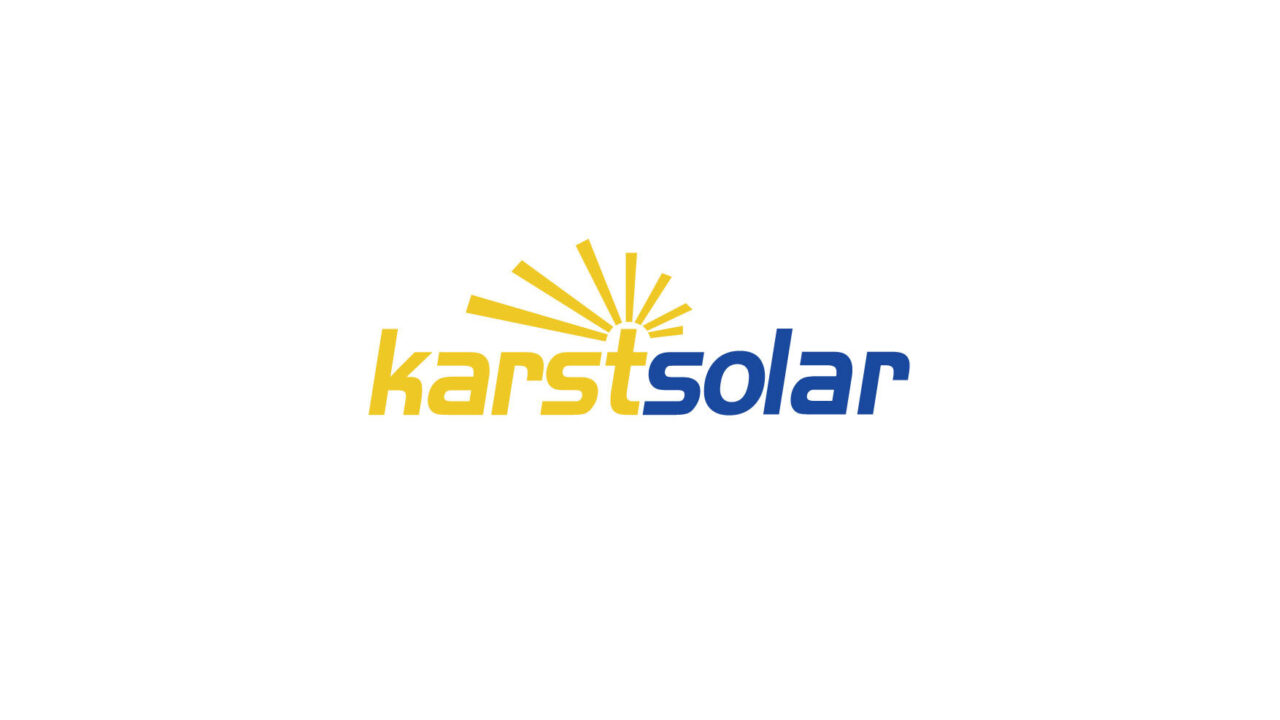
Karstsolar, based in Shenzhen, is a company dedicated to solar panel production and international trade. Founded in 2009, Karstsolar boasts extensive experience in solar technology and a remarkable track record in global market expansion. We take pride in delivering efficient and reliable solar solutions to clients worldwide.
